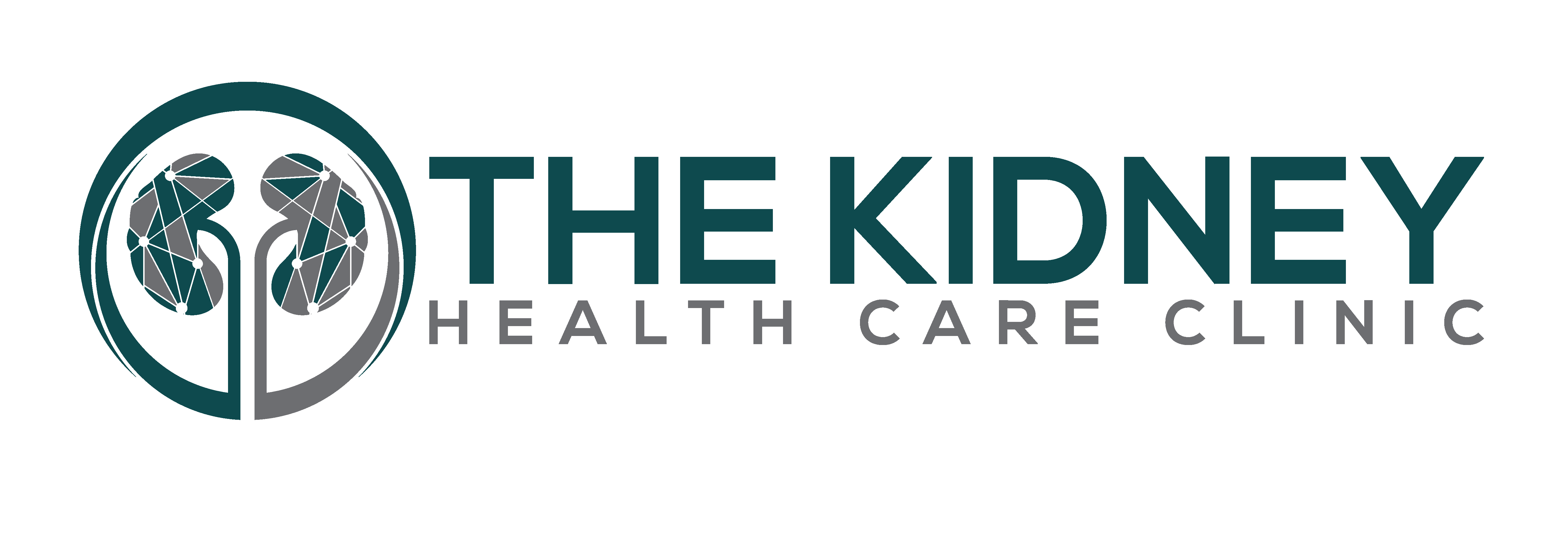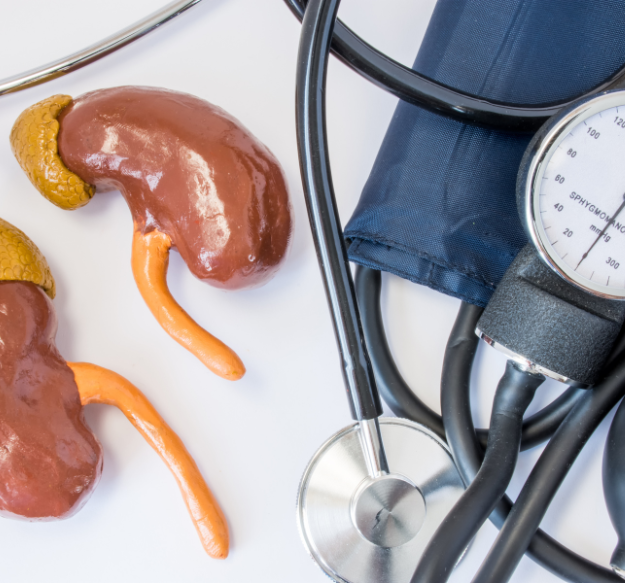
Resistant hypertension is when the patient’s high blood pressure is not controlled with three or more anti-hypertensive medications. This condition will cause further narrowing of blood vessels around the kidneys, which leads to inadequate oxygen supply to the kidney tissues. As a result, the kidneys will get scarred and sustain permanent damage. Complications such as kidney failure, stroke, heart attack or failure, aneurysm in abdominal aorta and dementia may occur.







